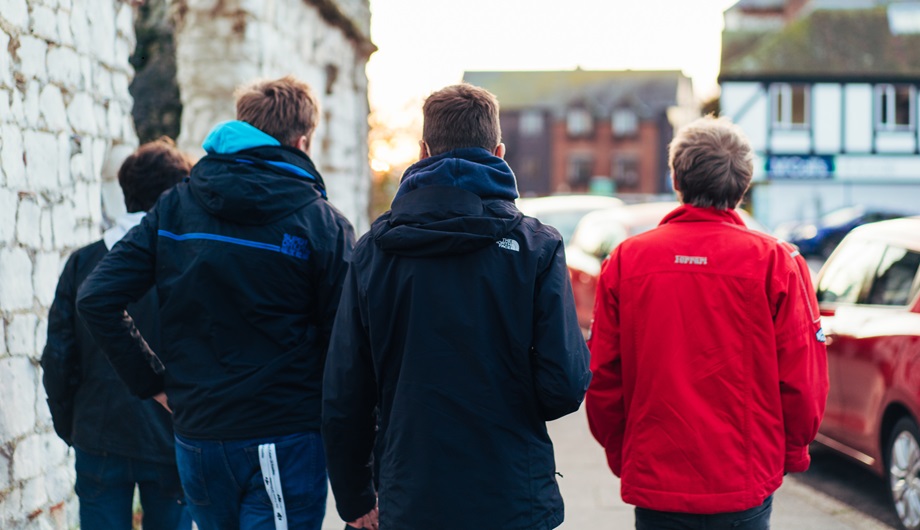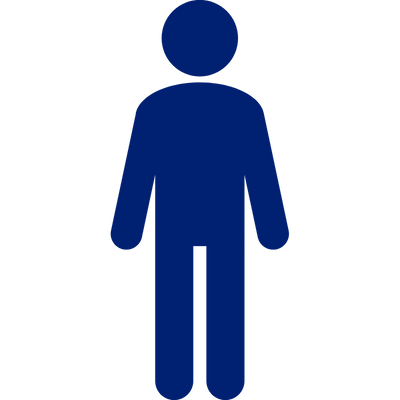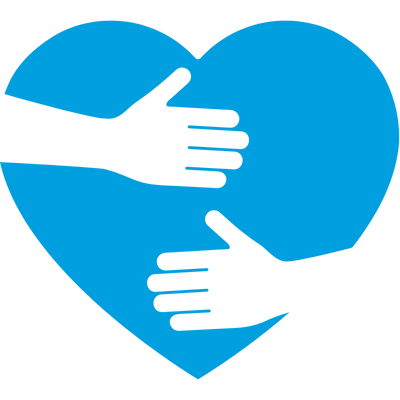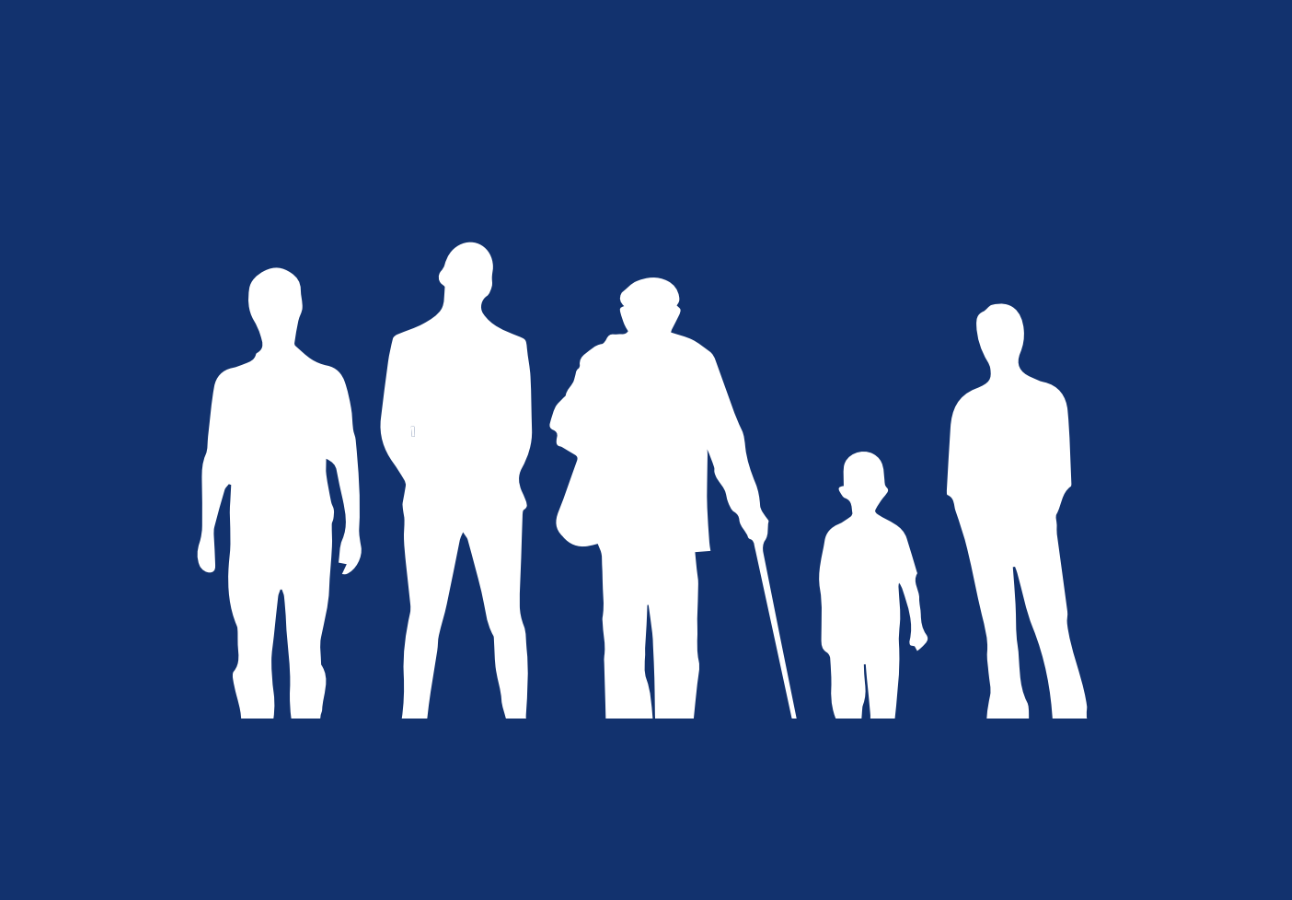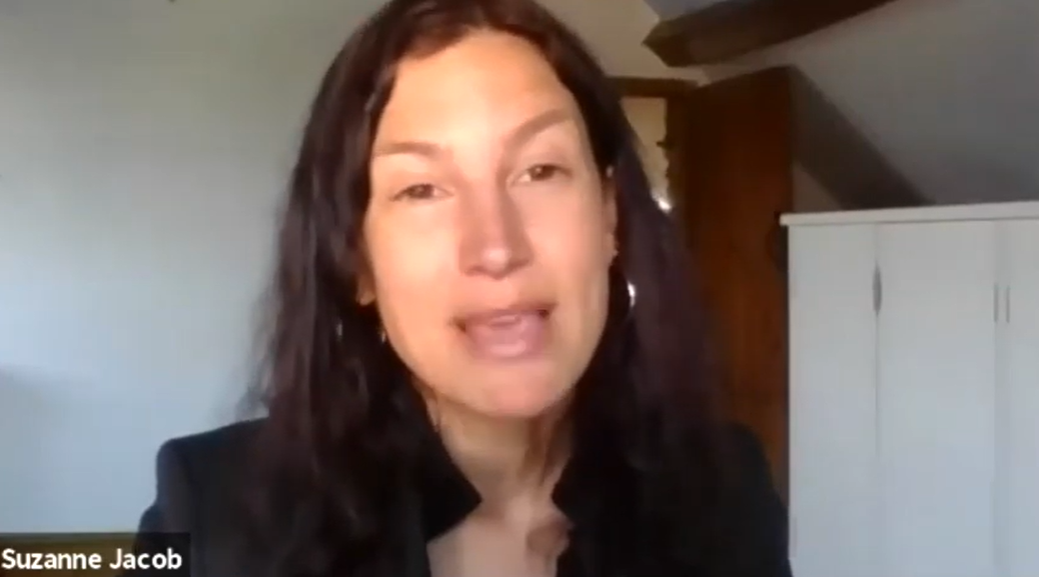We can’t end domestic abuse without listening to voices of men and boys.
Men and boys are more likely to harm themselves and others, and less likely to talk about it. In order to prevent violence and abuse from taking place, there is a necessity to stimulate a broader discussion about gendered violence, bringing men and boys into a conversation, exploring their involvement in ending domestic abuse and linking this with the other big issues and pressures we know they face.
In 2019, we gathered the voices and perspectives of more than 1,000 men and boys aged 11 and over, including boys and young men who were survivors of abuse. We asked about a range of topics, and many participants told us they’d never been asked about these topics before.
The main topics included:
- their own experiences of abuse, either abuse they have committed or been a victim of
- their views on what ‘masculinity’ means to them, and the impact of gender norms on their lives
- what a ‘healthy’ relationship looks like to them
In 2020, we followed this up by developing a Men and Boys toolkit called ‘What does healthy look like?’ to support professionals to have difficult conversations with young people about healthy relationships.
We shaped the “What does healthy look like?” toolkit into a concise and accessible guide outlining the importance of seeing this whole person, with further guidance on how to integrate this into practice. We heard from several practitioners that approaching the topic of relationships was the biggest hurdle for them, so we also put together a resource of ‘Conversation Starters’ to support this.

